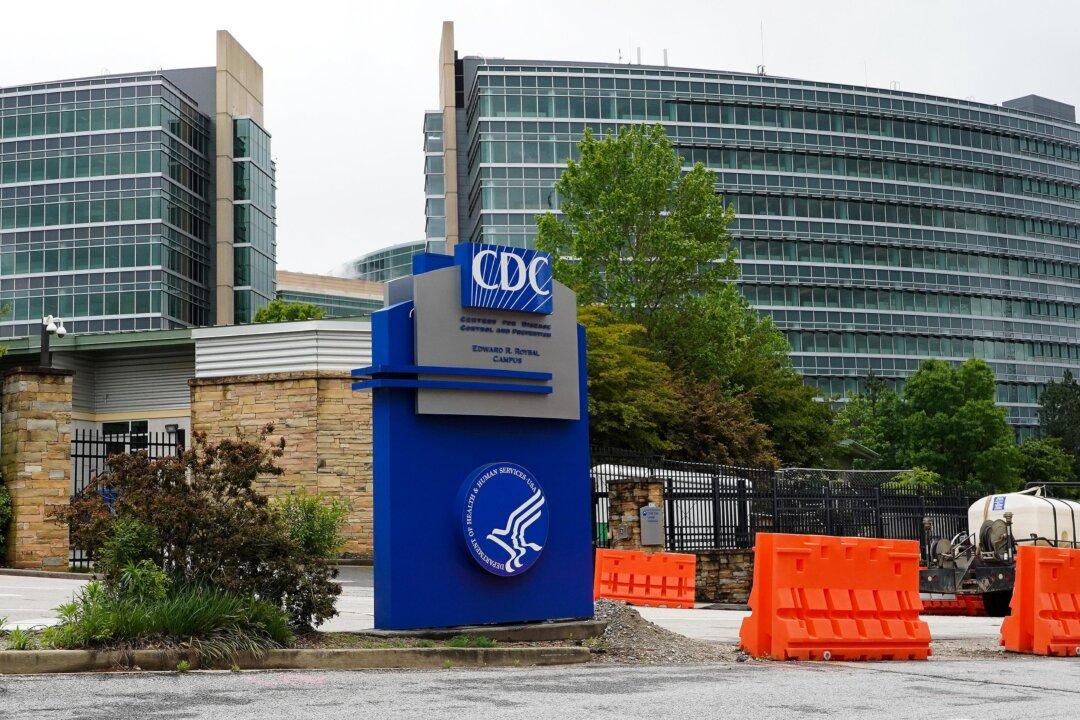The U.S. Centers for Disease Control and Prevention (CDC) is tracking toward recommending that Americans get an annual COVID-19 vaccine, the agency’s new director says.
Dr. Mandy Cohen, who recently replaced Dr. Rochelle Walensky, says that the new CDC recommendation is expected to be finalized and announced in September.





